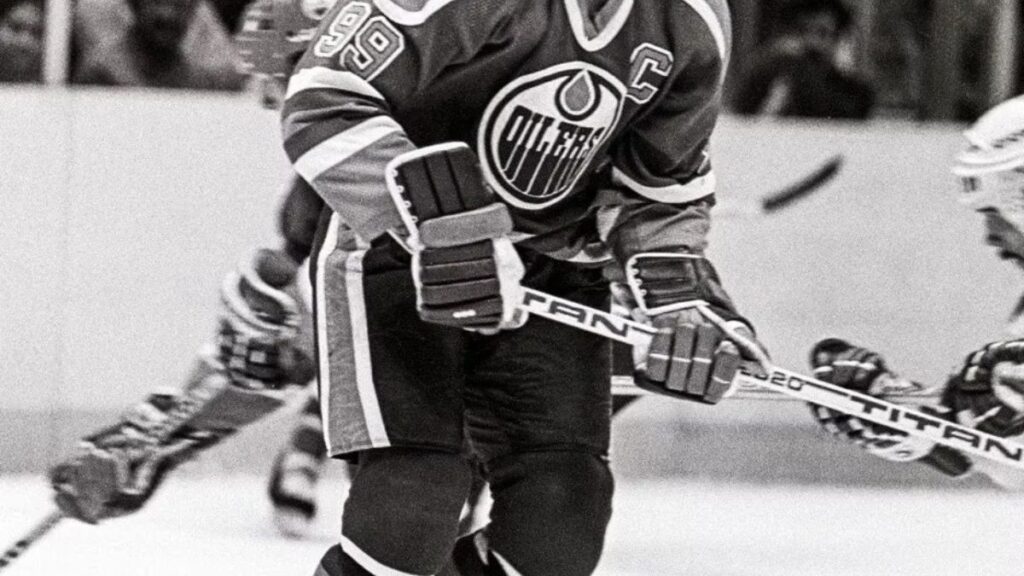Introduction
When the discussion turns to transformational figures in hockey, Wayne Gretzky stands alone at the top. Nicknamed “The Great One,” Gretzky rewrote the NHL record books and set the standard for offensive excellence. However, his most enduring contribution to the sport is the influence he has had on the strategies and methodologies that define modern hockey. Teams, players, and coaches now look to his legacy for guidance and inspiration, and even off the ice, the Wayne Gretzky speaking fee and booking agent information are widely sought by organizations eager to glean wisdom from his storied career.
Gretzky was more than just a prolific scorer; he embodied a new way of playing and thinking about the game. His revolutionary approach prioritized vision, anticipation, and teamwork, paving the way for a generation of players focused on intelligence and creativity. This philosophical shift has transformed hockey from a game dominated by physicality to one emphasizing finesse and strategy. This evolution affects how the game is both played and taught today.
Organizations continue to benefit from his perspective, as thousands seek insights from the hockey legend at events, conferences, and leadership summits.
Exploring Gretzky’s legacy in greater detail not only offers valuable lessons for hockey enthusiasts but also sheds light on universal principles of teamwork and innovation relevant across industries. His influence continues to be studied by sports strategists and commentators alike, making his career a case study in modern athletic success.
Gretzky, a renowned hockey player, revolutionized the game by prioritizing vision, anticipation, and teamwork. His approach shifted hockey from a physical sport to one focusing on finesse and strategy. This shift has influenced the game’s evolution, with organizations seeking his insights. Gretzky’s legacy offers valuable lessons for hockey enthusiasts and reveals universal principles of teamwork and innovation across industries. His influence is studied by sports strategists and commentators, making his career a case study in modern athletic success.
Gretzky’s Vision and Playmaking
Gretzky’s genius on the ice hinged on his unmatched vision and playmaking abilities. Known for his ability to see plays develop seconds before anyone else, he often seemed to be two steps ahead, anticipating opportunities and orchestrating attacks with surgical precision. His now-famous adage, “Skate to where the puck is going to be, not where it has been,” revolutionized the offensive mindset in the NHL.
This predictive approach made Gretzky a once-in-a-generation playmaker. He set the all-time record for assists, a testament to his unselfish focus on distributing the puck and empowering teammates. The modern game is a reflection of these qualities, as current NHL stars and coaches put greater emphasis on intelligence, positioning, and anticipation in both offensive and defensive systems. Hockey analysts agree that these attributes have become benchmarks for elite performance.
Emphasis on Teamwork
Unlike many of his contemporaries, Gretzky was defined as much by his assists as his goals. His selfless play set a new standard for team-oriented hockey, highlighting the value of collaboration over individual glory. Whether leading the Edmonton Oilers to multiple Stanley Cups or mentoring younger players, he demonstrated that collective achievement was paramount.
This philosophy spread throughout the hockey world and is evident in today’s emphasis on depth scoring and balanced rosters. Coaches mold players to be adaptable, supportive, and committed to the team’s overarching objectives, a direct inheritance from Gretzky’s leadership style. His example inspires athletes across levels to prioritize setting up their teammates for success rather than merely tallying personal stats.
Impact on Coaching Strategies
Gretzky’s dominance led to a marked shift in coaching strategies in the NHL and beyond. The reliance on tough, physical hockey was replaced with a new respect for puck possession, transition play, and innovative offensive schemes. Coaches adopted systems encouraging creativity, quick puck movement, and aggressive forechecking, key elements rooted in the lessons from Gretzky’s career.
Evolving Offensive Schemes
Teams now utilize multi-layered attacks designed to exploit defensive gaps, relying heavily on the high hockey IQ and passing abilities of players. The “Gretzky Office,” the area behind the net where he would create plays, has become a focal point for creative offensive strategies at all competitive levels, contributing to hockey’s growth as a faster, more entertaining sport.
Influence on Player Development
Youth hockey programs have gradually shifted their focus from purely physical development to nurturing intelligence, vision, and creativity. Young athletes are encouraged to think ahead, read plays, and develop soft hands, skills synonymous with Gretzky’s style. Academies and minor leagues now incorporate small-area games and situational drills that foster hockey sense, a key trend in developing the stars of tomorrow.
This paradigm shift has fostered a generation of players such as Connor McDavid and Auston Matthews, who exhibit high-level creativity and mental acuity on the ice. The Gretzky effect is visible at every level, underscoring the significance of skill, anticipation, and intelligent teamwork in player formation.
Gretzky’s Legacy in Modern Hockey
Wayne Gretzky’s legacy is more than just numbers on a score sheet, as it is an evolving philosophy still shaping how hockey is played and coached. Teams increasingly focus on speed, precision, and tactical flexibility, all hallmarks of his revolutionary style. The ripple effects of his influence stretch far beyond North America, as leagues around the world embrace the “Gretzky blueprint” for entertaining and effective hockey.
Modern players consistently cite Gretzky as a source of inspiration, emphasizing his humility, work ethic, and unwavering pursuit of excellence. He remains a symbol of what is possible when talent is matched with vision and selfless leadership. Gretzky’s influence reminds us why he is regarded as “The Great One,” not just for his statistics, but for his enduring impact on teamwork, sportsmanship, and the ever-evolving strategies that continue to define modern hockey.






